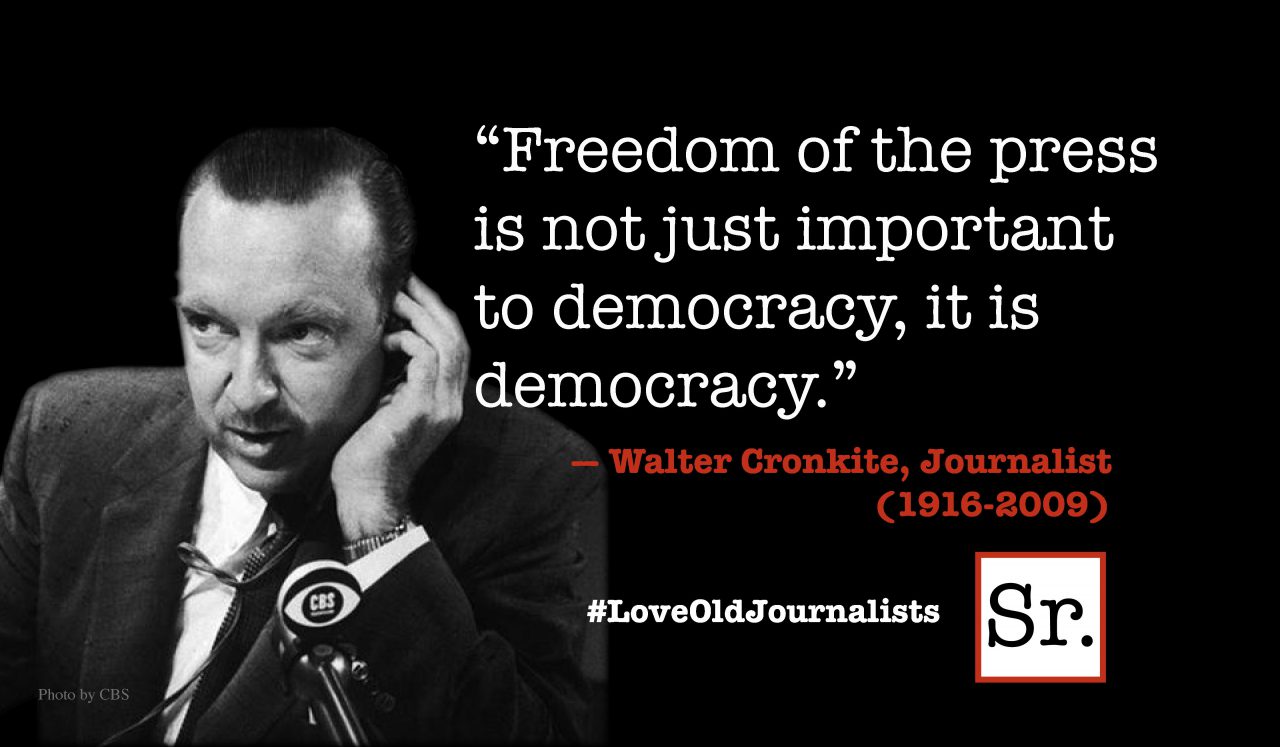Anyone having taken only a cursory look at religion — now or in its long history — must realize that sometimes it has been the source of healing and hope, and sometimes it has produced bigotry, war and brutality. While we must avoid oversimplifying a very complex set of societal dynamics, when religion, or some form of it, has been dominant in any culture the result has been either peace, compassion and justice, or violence, cruelty and injustice. When religion has only been a neutral thread in the cultural fabric it has probably been ignored by almost everybody.
I begin by looking at religion when its major thrust has been a commitment to the healing flowing from an ethical imperative. Nothing has encapsulated this spirit any better than what has been called “the golden rule”: “Do to others what you would have others do to you.” While this perspective lies at the core of the Christian commitment, it is also embodied in every major world religion, as well as in the perspective of a variety of lesser-known sacred traditions. Let me draw from various religious precepts that parallel the Christian affirmation.
- Buddhism — “Hurt not others in ways that you yourself would find hurtful.”
- Hinduism — “Do not do to others what would cause pain if done to you.”
- Islam — “None of you truly believes until he wishes for his brother what he wishes for himself.
- Judaism — “Thou shalt love thy neighbor as thyself.”
- Sikhism — “No one is my enemy, none a stranger, and everyone is my friend.”
- Sufism — “The basis of Sufism is a consideration of the hearts and feelings of others.”
- Brahmanism — “Do naught unto others which would cause you pain if done to you.”
- Jainism — “One should treat all creatures in the world as one would like to be treated.”
- Zoroastrianism — “Do not do unto others whatever is injurious to yourself.”
This perspective can be expanded to include major philosophic traditions that undergird most religious systems and confirm the positive relation between philosophy and religion.
- Plato — “May I do to others as I would that they should do to me,”
- Kant — “Act as if the maxim of thy actions were to become by thy will a universal law of nature.”
- Confucius — “Do not do to others what you do not want to be done to you.”
If these ethical precepts offer the formula for any religion that is a blessing wherever and whenever it takes root, what of the converse? I suggest that the more any religion is fixated on the exclusivity of its own doctrine, the greater the probability that war, violence and bigotry will follow in its wake.
Among faithful Jews, the political clout of the ultra-Orthodox has been a major factor in resisting any resolution of the Palestinian stalemate. This nationalistic religious bigotry has also been endorsed by American Christian fundamentalists. John Hagee, president of “Christians United for Israel,” holds that Christian support will eventually lead Jews to accept Jesus as their Messiah and be saved from the eternal punishment awaiting all those who do not call him “Lord.”
No religious fundamentalism is more harmful these days than the commitment to doctrinal purity in a variety of Muslim sects, beginning with the Taliban. The horror facing us is not born of Islamic culture but Islamic fundamentalism. The absolutism of certain Hindu sects has kept armies on both sides of the indistinct borders in the Indian state of Kashmir.
While passionately held doctrine is the precursor to bigotry, war and bloodshed throughout history, we find no clearer evidence of the destructive nature of doctrinal purity than in The United States. We begin with the Salem witch trials of February 1692 and May 1693. These trials resulted in the execution of twenty people, all but one by hanging. Fourteen of those executed were women. Five others (including two infant children) died in prison. The trials eventuating in these executions were conducted under the auspices of religious leaders, basically members of the Protestant clergy, who recited Biblical texts to prove the validity of their God-ordained doctrinal purity.
Consider the slaughter of aboriginal tribes in America’s west, “… with the cross of Jesus going on before.” Or reflect on the immoral political blasphemy of the Trump Administration that resulted in the separation of children from their parents, a policy justified by Attorney General Sessions, who quoted Romans 13:1 as proof that God demands obedience to government-sanctioned law. (Let everyone be subject to the governing authorities, for there is no authority except that which God has established. The authorities that exist have been established by God.)
In the history of the American South, either in an era politically dominated by Democrats or Republicans, doctrinally pure Christians evoked the same Biblical evidence proving the divine endorsement of the slave trade and slavery, lynching, segregation, the fiery crosses of the KKK, the bigotry of the white citizens' councils and segregation … right down to God’s support of this Administration’s draconian immigration policies.
So it is not religion that corrupts society, but doctrinal exclusivism. The argument that one can properly claim both Christian ethics and doctrinal orthodoxy as the basis of a legitimate faith may be valid. But beware, that perspective may be a slippery slope resulting in the racism evidenced today by a significant body of doctrinally conservative Christians.









